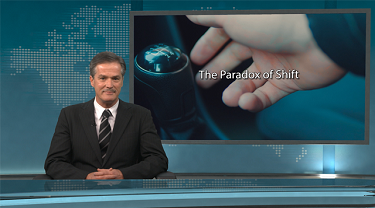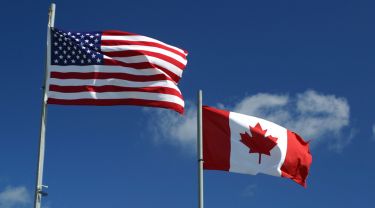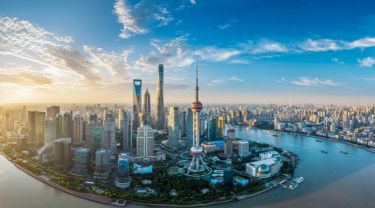The paradox of shift
What if the popular elixir is actually…poison?

It has been quite a month. I’m just back from bringing our Global Export Forecast to audiences across Canada in EDC’s Let’s Talk Exports sessions. It’s always a busy time, but this year was even more intense. It seemed that every day, there was another event to add to an already-weighty list of exporter concerns. Top of the list was the state of relations with Canada’s key trading partner – which seemed to get more tense as the tour wore on. Well, angst culminated in the G7 meetings in La Malbaie, where the name of the place might have presaged its unfortunate outcome. What do we make of the current state of the global trade debate?
Every now and then in economics, a paradoxical situation comes on the scene. One of the more famous of these is the paradox of thrift, proposed in the post-Depression period by renowned economist John Maynard Keynes. In essence, he observed that the shock of unemployment and poverty in those days provoked a widespread spike in savings that persisted for years following the initial economic shock. He observed that this saving, initiated by millions to ensure that they would never again be blindsided by an economic meltdown, actually prevented the macro-economy from reviving and pulling them out of their predicament.
Here’s what’s scary about this: in this case, what seems like common logic is actually the opposite of the real solution to the problem. Knowing about the paradox of thrift should be enough to prevent us falling into the same trap again. Sadly, human instinct causes us to repeat the pattern. And if that’s true with a well-known paradox, then there’s no guarantee that we won’t fall prey to a new one.
We might already have. There’s a popular story that’s being told (and sold) today. It’s popular enough to be coming close to, and in some cases, winning elections. And in the latter cases, it’s now bringing policy changes. It’s not a new theme, but it has a new potency. It accuses trade deals of favouring the other side. That other countries are getting all the investment, and stealing your jobs. That they are subsidizing their businesses unfairly, making it impossible to compete. It panders to a general sentiment that globalization is a key cause of today’s economic ills, and that freer trade – as currently designed – doesn’t really work. It’s alive and well in the US, arguably the birthplace of modern globalization, and Western Europe, the place that knit together formerly schismatic nations into a common market.
Why the neo-popularity? Globalization is a convenient punching-bag for millions of disenfranchised workers, old and young alike, in the developed world. Sub-par post-recession growth has failed to absorb them into the economy, and bereft of explanations or solutions, would-be leaders have levelled their sights at the ‘enemy without’. Meanwhile, global growth is accelerating, tight capacity is begging for new investment, and unemployment is reaching new lows: the rebound we’ve been waiting eight years for is finally here. And it is throwing the doors open to those who want to work. The disenfranchised are coming back.
Neo-protectionism isn’t the cause. Anti-trade policies are only just coming into place. The economic revival that’s unfolding before our eyes is actually a product of the old system. For the moment, globalization is intact, and it and its systems are – at long last – bringing the same prosperity that it brought in the last, long growth cycle. And the growth we are seeing today is just beginning. There are millions of workers still waiting to get in. There is clear evidence of pent-up demand in both the US and Europe. And many emerging markets have a long way to go before they will catch up to the developed world – a storehouse of potential that could easily stretch out the expansion.
Trade-wrecking populism, far from being a remedy, could ruin the recovery that’s been a decade in the making. The massive, pervasive policy shift is coming at just the wrong time. The populist pivot is a pernicious paradox, promising prosperity when all it will produce is protracted penury. Telling the true tale of trade may be a tougher task, but it’s incumbent on those who know better to set a course that leads to a better place.
Angst at the global economy’s painfully slow march to recovery has birthed a retro-remedy that’s no remedy at all. It’s a dose of poison at the point of cure – a shift in view that’s pure paradox. May we all realize that before it’s too late.
















